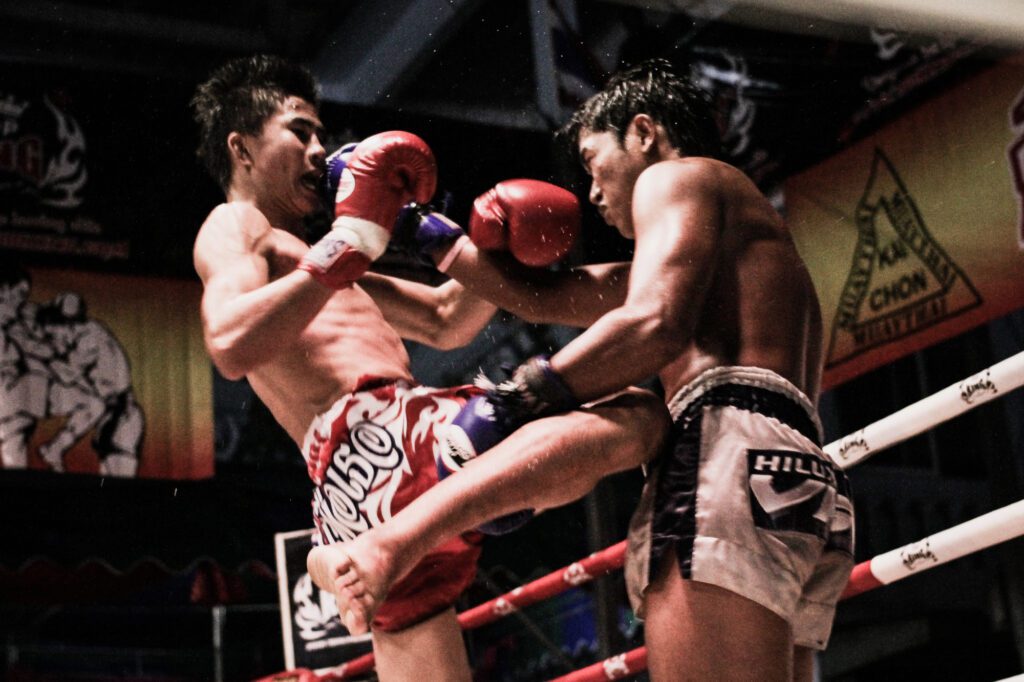Barely a month since the ousting of prime minister Paetongtarn Shinawatra for the crime of calling neighbouring Cambodia strongman Hun Sen “Uncle” and the brokering of a ceasefire deal by none other than the U.S. President and peacemaker-in-chief Donald Trump, Thailand has gone to war with gambling.
Not only has the southeast Asian nation’s national sport, Thai Boxing or Muay Thai, been engulfed in a widespread betting scandal but new Prime Minister Anutin Charnvirakul has assured China’s President Xi Jinping that Thailand will not–repeat will not–legalize casinos or use any form of gambling to stimulate its moribund economy when they met on the sidelines of an economic summit in South Korea at the end of last week.
What a difference an irksome and long-simmering border dispute makes. And how a month–never mind a week–is an aeon in politics.
Thailand looked all set to break its strict Bhuddist tradition of no gambling under the progressive leadership of Paetongtarn Shinawatra–hitherto ably guided by the billionaire hand of her father Thaksin Shinawatra–with much-touted plans to launch up to six mega casino-resorts in the tourist playground.
Border Dispute
But when a long-simmering border dispute between Thailand and ancient rival Cambodia over ownership of an ancient Hindu temple site on the frontier erupted into violence, Paetongtarn outraged her many critics and much of the Thai electorate by deferring to Cambodia strongman Hun Sen and calling him “Uncle”.

The political misstep triggered a vote of confidence in the Thai parliament, the National Assembly, and Paetongtarn was out. And so too was her pro-casino Pheu Thai Party and its de facto leader Thaksin Shinawatra, a controversial anti-monarchist, ex-owner of Manchester City (during the team’s wilderness years) and former political exile.
Today, to compound the anti-gambling zeitgeist, comes a headline betting scandal involving an ex-Muay Thai boxing champ and seven acolytes in a massive online scam.
“Machinegun”
Officers of Thailand’s Cyber-Crime Investigation Bureau (CCIB) have arrested 28-year-old former super-flyweight Thai boxing champion Weerapong, known as “Machinegun”, for allegedly running an illegal online gambling site worth more than 100 million baht a year – around £2.3 million or US$3 million.
The site was called g2g69bet. And seven of Weerapong’s associates were also detained in the police sweep, which seized bank cards, cheque books, computers and mobile phones in nine raids across Chon Buri and Lamphun provinces.
Chon Buri lies in eastern Thailand, close to the capital, Bangkok; while Lamphun is in the north and closer to the country’s second city of Chiang Mai.
Money Laundering
The suspects now face charges of organising, or promoting, gambling, and potential sentences of up to two-years in prison or, if found guilty of money-laundering, a maximum of 10-years incarceration.
Meantime, while plans to legalise full-on casino gambling in the world’s seventh most popular tourist destination remain well and truly moribund, an outbreak of peace on the Thai-Cambodia border–brokered with much fanfare by Donald Trump–has revived the extensive cross-frontier casino industry.
For those Thai citizens determined to keep on gambling, “Khmer or bust” will remain their cri de coeur for the foreseeable future it seems.





